La recherche globale pour l'éducation: Le Maître – Renée Fleming
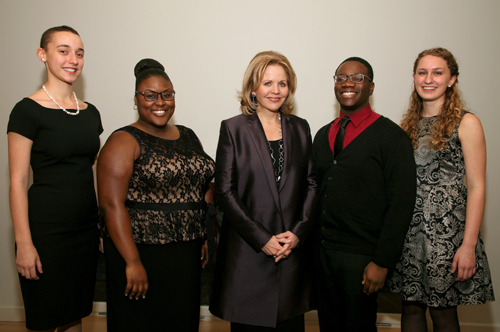
“Étude après étude a montré que l'éducation artistique développe les étudiants’ la créativité et les compétences de résolution de problèmes, attributs qui sont essentiels pour le succès dans presque tous les domaines.” — Renée Fleming
L to R Vera Kahn, Nia Drummond, Renée Fleming, Stephan Douglas Allen, and Lindsey Knapp
Photo by Steve J. Sherman.
Quatre membres du Chœur des jeunes de New York City (le YPC), all aspiring to careers in music, sang for world renowned soprano Renée Fleming at a master class last week before an audience of supporters and fellow chorus members. “You’re in a master class with one of the world’s greatest singers – what’s it like?” I asked them. “Intimidating at first,” comments Lindsey Knapp. “She put my abstract thoughts into words; she focused me,” adds Vera Khan. “I wanted to do my best,” explains Stephan Douglas-Allen. “Renée Fleming is my favorite opera singer of all time; she was the perfect master class teacher,” concludes Nia Drummond.
The YPC audience at this master class would agree with Nia. Renée Fleming is all at once personable, nurturing and extremely knowledgeable on what it takes to achieve artistic excellence in her world of music. Opera is a serious art form. Singers study for many years in pursuit of developing voices that are classic, vibrant and unique. During this time their instruments and artistic ability to connect with small and large audiences will be tested in many different languages, without the aid of any electronic amplification and by possibly the most diverse range of music known to any kind of singer. The YPC students impress us with arias from Ralph Vaughan Williams, Franz Schubert, Henry Purcell, Eden Ahbez, Hugo Wolf and Stevie Wonder. “In school when the class talks about contemporary composers, I can say I have worked with them,” comments Vera Kahn. “Being exposed to this music helps me see the connections between contemporary classical music and music by composers like Mozart.”
For decades, researchers have studied the benefits of music education and consistently found strong correlations between music and student outcomes. In the last few years, Renée Fleming has also been focusing her energies on classrooms and becoming an advocate for arts education. As a creative consultant for the Lyric Opera of Chicago, her projects with schools include inspiring and mentoring students and conducting voice lessons. I was pleased to have the opportunity to discuss with the master teacher why music education is so vital for young people in today’s world.
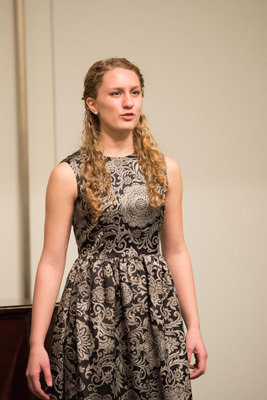
“Depending on their age and experience, what we address can vary a lot, from very basic breath support to the finer nuances of the meaning of a lyric.” — Renée Fleming
Photo by Christopher Hall.
Describe for us briefly what happens in your master class?
Each student performs a song or aria, with piano accompaniment. habituellement, I’ll hear the whole piece straight through to give the student a chance to show their performance skills. I can then get a good idea of ways to be helpful, whether it’s technique, interpretation, diction, or presentation. We’ll go back through the music, usually from the beginning, and work on problems or areas that could improve. Bien sûr, depending on their age and experience, what we address can vary a lot, from very basic breath support to the finer nuances of the meaning of a lyric. With an audience present, this is an educational opportunity for them, trop, so I try to include them as I work with the student.
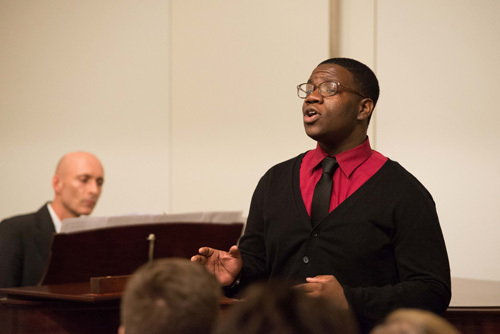
“Arts education needs to be part of the core curriculum in schools, for so many reasons, not the least of which are academic achievement and student outcomes.” — Renée Fleming
Photo by Christopher Hall.
Why do you believe a music education is so important for young people today?
The importance of music, and arts education in general, goes far beyond the obvious benefit of nurturing our cultural life and passing on our artistic heritage. I saw an op-ed piece last month that listed a who’s who of world leaders in everything from politics, to business, to science – all of whom studied music when they were young. Arts education needs to be part of the core curriculum in schools, for so many reasons, not the least of which are academic achievement and student outcomes. Étude après étude a montré que l'éducation artistique développe les étudiants’ la créativité et les compétences de résolution de problèmes, attributes that are crucial for success in almost any field. Aussi, by keeping children engaged and interested, arts education helps kids stay in school. And maybe the most basic benefit is the expressive outlet the arts can give a child. Having some kind of artistic expression allows them to form a sense of self- to find their voice, so to speak.
When Damian Woetzel, Yo-Yo Ma and I worked with the Chicago Public Schools to help launch their Arts Education Plan, we had these benefits in mind. The plan is groundbreaking, and shows a major commitment on the part of the city. It includes standards for classroom time each week dedicated to arts education, an arts liaison in each school, school scorecards for arts activities and opportunities, and engagement of community arts institutions.
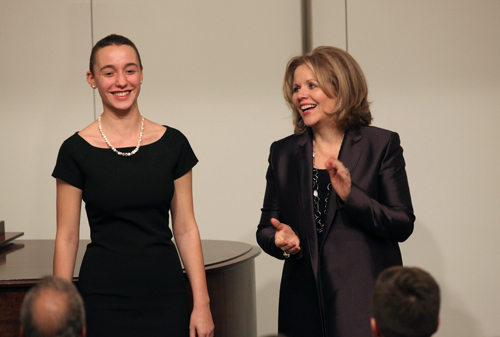
“I love face-to-face interaction with students. Having grappled with the same issues that they face, if I can alert them to areas that might need more work, either on their own in the practice room, through online research, or with a teacher, I feel I have helped.” — Renée Fleming
Photo by Steve J. Sherman.
What did an arts education give you?
I was really fortunate, both at home and at school, to have a fantastic arts education. Première, both of my parents were public high school vocal music teachers, so music was like air in our household. But we also had great arts programs in the public schools in Rochester, New York, when I was growing up. I was a naturally shy girl who was happy to be off somewhere with a book – it was through the expressive outlet of composing and singing songs with a guitar that I first began to develop a sense of who I was as a person. I participated in a local composition program for a handful of students throughout Rochester, which was tremendously inspiring to me, and gave me a lifelong interest in new music.
The commitment to arts education in the schools dwindled in the past decades, but I’m really encouraged by what is happening in Chicago. I think that we may have turned a corner, and that people are beginning to understand the importance of the arts in our children’s lives.
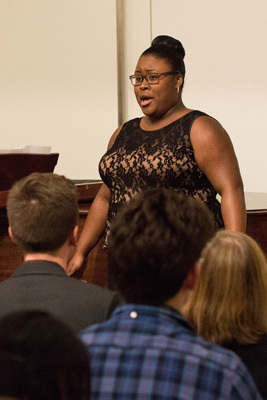
“Maybe the most basic benefit is the expressive outlet the arts can give a child. Having some kind of artistic expression allows them to form a sense of self – to find their voice.” –Renée Fleming
Photo by Christopher Hall.
Technology continues to drive more learning experiences online. Quelles sont vos vues sur cette? What do you hope to accomplish in your face-to-face master class with the students?
I have actually been able to conduct some master classes via Skype, and they were helpful. I do believe that arts education, like all forms of study, should embrace and exploit the opportunities that the Internet and newer technologies offer. You Tube has become a fantastic teaching tool now, because of the wealth of video material available. One can learn so much from watching other singers. And you can research music instantly, accessing repertoire in moments that, autrefois, it would have taken hours to find in a library, if it was even there.
But I love face-to-face interaction with students as well. Having grappled with the same issues that they face, if I can alert them to areas that might need more work, either on their own in the practice room, through online research, or with a teacher, I feel I have helped. Master classes can also be valuable for increasing students’ comfort level on stage, because the audience loves to see young artists make discoveries. Instead of just giving a performance, by working on their art while an audience watches, apprehensive students can get more accustomed to being in front of an audience, and confident performers can even develop a sense of the audience as an ally in their process.
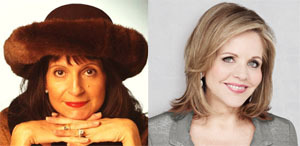
Photos are courtesy of Andrew Eccles, Steve J. Sherman and Christopher Hall.
For more information on YPC: http://www.ypc.org/
Dans La Recherche globale pour l'éducation, joindre à moi et leaders d'opinion de renommée mondiale dont Sir Michael Barber (Royaume-Uni), Dr. Michael Bloquer (États-Unis), Dr. Leon Botstein (États-Unis), Professeur Clay Christensen (États-Unis), Dr. Linda Darling-Hammond (États-Unis), Dr. Madhav Chavan (Inde), Le professeur Michael Fullan (Canada), Professeur Howard Gardner (États-Unis), Professeur Andy Hargreaves (États-Unis), Professeur Yvonne Hellman (Pays-Bas), Professeur Kristin Helstad (Norvège), Jean Hendrickson (États-Unis), Professeur Rose Hipkins (Nouvelle-Zélande), Professeur Cornelia Hoogland (Canada), Honorable Jeff Johnson (Canada), Mme. Chantal Kaufmann (Belgique), Dr. Eija Kauppinen (Finlande), Le secrétaire d'Etat Tapio Kosunen (Finlande), Professor Dominique Lafontaine (Belgique), Professeur Hugh Lauder (Royaume-Uni), Professeur Ben Levin (Canada), Seigneur Ken Macdonald (Royaume-Uni), Professeur Barry McGaw (Australie), Shiv Nadar (Inde), Professeur R. Natarajan (Inde), Dr. PAK NG (Singapour), Dr. Denise Pape (États-Unis), Sridhar Rajagopalan (Inde), Dr. Diane Ravitch (États-Unis), Richard Wilson Riley (États-Unis), Sir Ken Robinson (Royaume-Uni), Professeur Pasi Sahlberg (Finlande), Professeur Manabu Sato (Japon), Andreas Schleicher (PISA, OCDE), Dr. Anthony Seldon (Royaume-Uni), Dr. David Shaffer (États-Unis), Dr. Kirsten immersive, (Norvège), Chancelier Stephen Spahn (États-Unis), Yves Thézé (Lycee Francais U.S.), Professeur Charles Ungerleider (Canada), Professeur Tony Wagner (États-Unis), Sir David Watson (Royaume-Uni), Professeur Dylan Wiliam (Royaume-Uni), Dr. Mark Wormald (Royaume-Uni), Professeur Theo Wubbels (Pays-Bas), Professeur Michael Young (Royaume-Uni), et le professeur Zhang Minxuan (Chine) alors qu'ils explorent les grandes questions d'éducation de l'image que toutes les nations doivent faire face aujourd'hui. La recherche globale pour l'éducation communautaire page
C. M. Rubin est l'auteur de deux séries en ligne largement lecture pour lequel elle a reçu une 2011 Upton Sinclair prix, “La recherche globale pour l'éducation” et “Comment allons-nous savoir?” Elle est également l'auteur de trois livres à succès, Y compris The Real Alice au pays des merveilles.



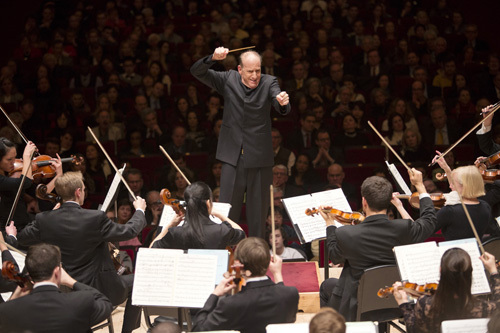
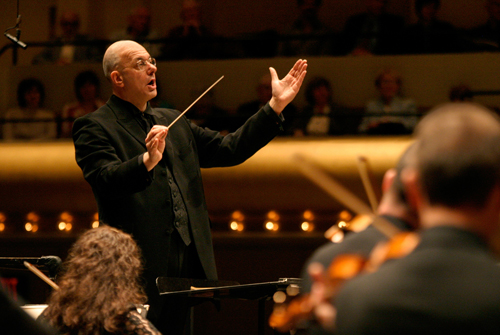
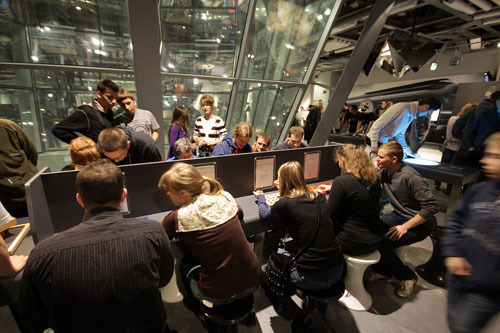
Commentaires récents